TLDR: Britain is about to appoint another right-wing populist as its Prime Minister in the form of Liz Truss. She is promising even more extreme policies than Boris Johnson.
Her election by Conservative Party members is due on Monday and is another symptom of an increasingly volatile set of geo-political forces driven by a rapid corrosion of stable and competent western democracies such as Britain and the Unite States.
I think the inflection point was just over ten years ago and driven by two events;
the failures of technocratic Governments and independent central bankers in the Global Financial Crises of 2008-10 in Europe and the United States; and,
the launch of the iPhone 4 in June 2010.
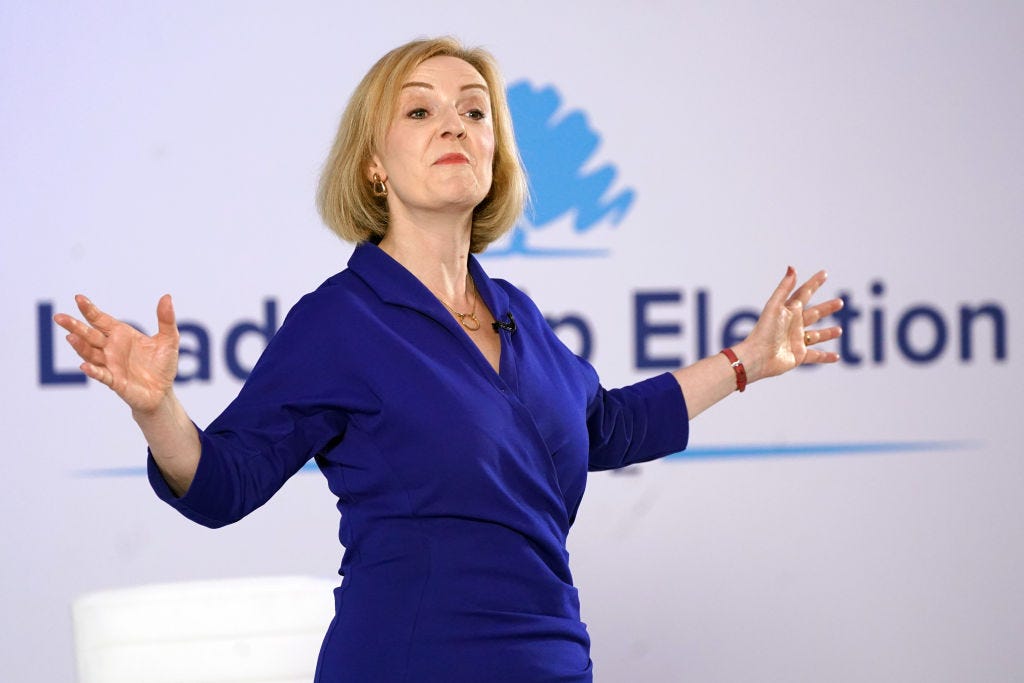
Paying subscribers can see more analysis and detail below the paywall fold and hear more in the podcast above.
Destabilised democracies are shocking the global economy
Liz Truss is expected to be announced as the new British Prime Minister on Monday, which some might see from a distance as a welcome relief from all the drama and stupidity of Boris Johnson, Britain’s Covid response and the awful mistake of Brexit.
But Truss could actually create more volatility and drama in the global economy, along with all the other destabilising events and trends being pumped out of the political scenes of established western democracies in the wake of the Global Financial Crisis, the launch of the iPhone 4 in June 2010 (more on that below) and a massive widening of inequality driven by repeated central bank bailouts of banks and asset owners — without democratic permission.
She is preparing to:
declare China a ‘severe threat’ on a par with Russia;
cut income and VAT taxes, but increase subsidies for household energy users in a way that may wreck global financial market confidence in Britain;
remove speed restrictions on motorways;
cancel a green energy levy;
review the Bank of England’s independence; and,
rip up completely the Brexit deal with the European Union, which is expected to start a full trade war.
So how is someone so extreme about to become the Prime Minister? The Tory party changed its rules to ensure its leader was chosen by party members at larger, rather than Tory MPs in Parliament. It meant party leaders had to appeal to the most extreme voters with the most extreme policies.
The same thing is happening in the United States, where Republican gerrymandering of state and federal electorates means Republican candidates also don’t need to appeal to centrist voters because whoever wins the Republican nomination will win. That drives policies to the extremes in those places with gerrymandering, but creates division when those Congressional and state leaders have to deal with a President who is elected by a majority of all voters, which is much harder to gerrymander.
But why is there so much polarisation? And why now?
My view is the political landscape in both western democratic nations and autocracies such as Russia and China has fundamentally changed since the GFC and the near immediate rollout in just a few following years of billions of smartphones. Their speed, power and endemic nature have weaponised social media platforms such as Facebook, Instagram, Twitter, TikTok and YouTube to appeal to our worst instincts. We like, share and rant along with the views of those that reinforce our biases, creating ‘tribes’ of people who increasingly don’t listen, talk or deal with each other. These base instincts can then be mobilised to further destabilise the institutions and public discourse that had kept most western democracies stable for over a century.
The key moment was the launch of the iPhone 4 in June 2010, which in turn further accelerated Google’s response to the iPhone, which was to create an open source and free software for other phone-makers to compete with Apple.
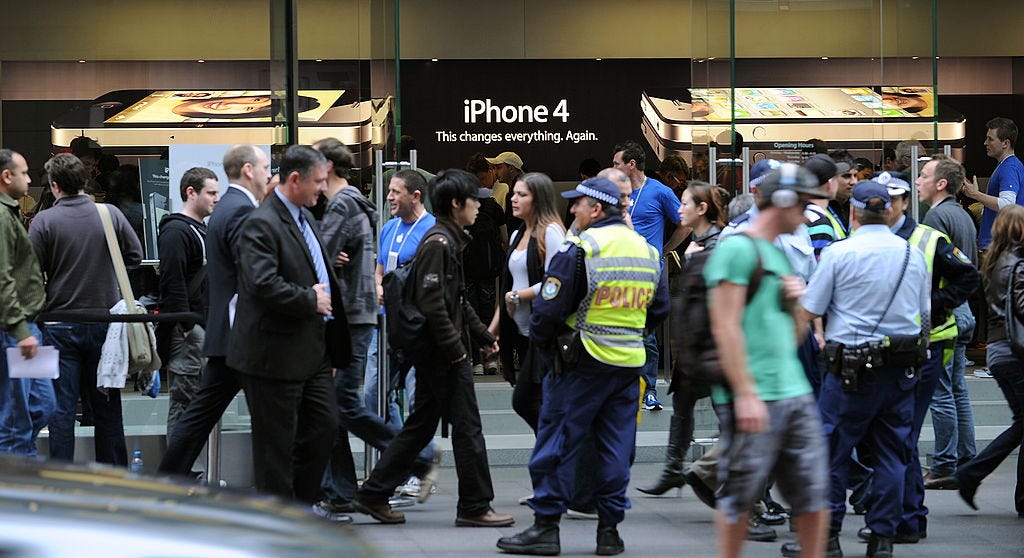
That launch moment in the mobile phone arms race grew the number of smart phones in hands for hours each day from less than 5% of the global population to just over 4b or 50% of the world’s population inside 10 years. It took over a century for the steam engine to transform the global economy through industrialisation and globalisation in the 1800s. This transformation took a tenth of that time
But why the iPhone 4?
Its combination of a front-facing camera, an amazing user experience with much cheaper and faster 4G data unleashed a smartphone revolution that transformed our political conversations, along with filling many hours of the day of billions with pointless doom-scrolling. Instagram took off with the launch of the iPhone 4. Facebook then pivoted to mobile and bought Instagram. Youtube’s impact exploded from being just on laptops to also on phones.
I think that launch of the iPhone 4 was an inflection point for the global political economy that now means we have a much more polarised, divided and unstable world. Donald Trump would not have been President without Twitter or the ability to circumvent traditional media through social networks, that also allowed his supporters to organise independently of the established party structures. We have since discovered the world’s longest-running and most-powerful democracy barely escaped a coup at the beginning of last year.
Geo-political earthquakes causing inflation
Brexit would not have happened without the social-media-driven campaigning, backed by Russian-funded forces, of Boris Johnson and an extreme right wing group of supporters who now dominate the Tory party, but didn’t then. Just a few days ago, Facebook settled a lawsuit over the way it allowed Cambridge Analytica to harvest data that the pro-Brexit campaign used to target misinformation at British voters.
That Brexit vote has amplified divisions within Europe and the economic shock of Covid. Britain’s trade deficit has ballooned, its inflation is far worse and its economy is now growing slower than the rest of the developed world. Goldman Sachs last night forecast British inflation would reach almost 22% early next year.
In my view, Russia would not have invaded Ukraine if it thought Europe, the United States and Britain were united and collectively competent. It’s hard to imagine it would have happened if Trump and Johnson had not been in power for much of the previous five years.
So what? This geo-political volatility is now hitting our real world and the global economy in obvious ways with higher inflation, lower growth, more war, a deepening split between China and the United States, and in longer-term and more fundamental ways. The failure of western democracies and China to more aggressively cooperate to reduce climate emissions is a factor in the planet’s faster heating and more extreme weather events of recent years.
In particular, the warming planet is expected to generate more zoonotic plagues of the sort we have just seen with Covid.
Is that it? I don’t have a solution to reverse the polarisation of our political landscapes or the weaponisation of social media through our smart phones to drive us apart and prevent sensible deals and cooperation that solve these global problems. But there are some things that can be done to soften these trends and create oases of relative calmness and sense.
Firstly, I think we have to push back individually and collectively to reclaim our time and debating spaces from algorithmically-driven platforms that are designed to amplify and sharpen our differences for the sake of engagement-driven advertising revenues.
Secondly, we have to protect our democratic institutions from polarisation by avoiding the mistakes of gerrymandering and avoiding the potential for first-past-the-post politics to deliver complete power to minorities. At least with MMP, it is the minority in the centre that need to be won over, rather than at the extremes.
And thirdly, I think we have to be much less complacent here in Aotearoa-NZ about the dangers of the forces above establishing themselves here to screw the scrum of our political economy. That’s why I was glad to see both major parties have (finally) ruled out working with Brian Tamaki’s rabble. See more on that below.
I welcome your thoughts and suggestions in the comments below.
Quotes of the day
Finally, Luxon rules out a coalition with Tamaki
“What I've tried to say consistently is that I've got nothing in common with Tamaki. I think they're crazy, I don't think they're serious, I don't think they're going to make it and you saw that coalition fall apart if you read between the lines. If it helps Mike, I'm very happy to give you a Mike Hosking exclusive that I'll certainly rule out Tamaki and never work with him.” National Leader Christopher Luxon talking to Mike Hosking yesterday via NZ Herald, having refused to rule out working with Tamaki for nearly two weeks.
Tamaki tees off
“By calling all of the above "crazy" and writing us ALL off saying he will never work with us, he is writing off votes from the above, emboldening the vote towards Freedoms NZ and signing National's political death warrant. So get ready…here comes the Kingmaker, whether you like it or not Luxon and Robertson! Fortunately…you don't get to decide…the people do!. " Brian Tamaki responding in an opinion piece sent to media (Newshub) with the above photo (which is in fact a Getty Images pic taken by Lynn Grieveson while being physically pushed around by Tamaki’s ‘security’). Lynn, amongst many other things, also edits and illustrates this newsletter.
Robertson just plain ticked off in Parliament
“Did he not take the clue of the so-called people's court that took place outside Parliament where Mr Luxon, among other people, was convicted of crimes against humanity?
"Apparently, no. Now, this question was so easy David Seymour got it right - that's how easy the question was - but no, Christopher Luxon ploughed on, he doubled down, he said he wouldn't rule it out.” Deputy PM Grant Robertson in the general debate in Parliament on Wednesday via Hansard.
Number of the day
The cost of consenting delays
20% - The cost escalation for house building estimated by the Registered Master Builders Association because of consenting delays. The Association called yesterday for a dramatic reduction and consolidation of the current 67 council consenting authorities in its submission to MBIE’s ongoing review of the building consent system. Submissions close at 5pm on Monday. It said a survey of over 3,000 builder members found 80% were affected by consenting delays and 45% had experienced delays of five weeks or more.
Chart of the day
China’s working age pop’n is falling. That may stall growth & lift wages
Longer read of the day
How globalisation’s failure to reach gas is hurting, but flipping now
“The whole cause of the current crisis has been due to globalisation not quite reaching the last major fossil fuel, natural gas. Even after decades of investment in infrastructure — the world has three times as many kilometres of gas pipeline as it does for oil — the supply of natural gas was still largely regional. Last month the price of gas in Europe was over 800% higher than in the United States. Gas is the inverse of coal, in that it is especially costly and difficult to transport by sea. Natural gas first needs to be cooled into a liquid before it can be loaded onto a specialised ship, and then needs to be converted upon arrival back into gas. Liquefied natural gas (LNG) thus requires a whole expensive processing and storage infrastructure of its own in order to even be imported — an infrastructure that many countries had not installed when Russia suddenly restricted its gas pipeline exports to Europe.
“Because of Europe’s sudden and extraordinary regional gas shortage, formerly Russia-dependent countries like Germany are now scrambling to build LNG import terminals of their own, and gas-exporting countries are exploring how to take advantage of Europe’s sudden spike in demand. Egypt is even rationing its own people’s electricity right now, so that it can ship more LNG to Europe. The demand for LNG in Europe is so high, that even countries on the other side of the world are having to outbid them for any gas supplies they had not already contracted for — LNG-dependent countries like South Korea, Pakistan, and Japan are being especially hit hard by rising energy costs. We are thus seeing the market for natural gas globalise in a matter of months rather than decades, with the usual winners and losers from price convergence experiencing their wins and losses especially sharply.” Anton Howe in his excellent Substack Age of Invention.
Reports of the day
Just in case you were in any doubt
Greenhouse gas concentrations, global sea levels and ocean heat content reached record highs in 2021, according to the 32nd annual State of the Climate report released yesterday by the US National Oceanic and Atmospheric Administration’s National Centers for Environmental Information and published by the Bulletin of the American Meteorological Society (AMS). It is based on contributions from more than 530 scientists in over 60 countries.
UN finds China committed “serious human rights violations”
The UN Office of the High Commissioner for Human Rights yesterday finally issued its formal assessment of human rights concerns in China’s Xinjiang Uyghur Autonomous Region. It was the current commissioner, Michelle Bachelet’s, last day in the job. It’s a landmark report that Foreign Minister Nanaia Mahuta formally responding to here, saying the Government was deeply concerned.
“We are particularly concerned about the report’s conclusions regarding arbitrary detention, torture, sexual and gender-based violence, forced medical treatment, widespread surveillance, violations of reproductive rights, restrictions on freedom of religion or belief, and forced labour.
“The High Commissioner’s report notes that the extent of arbitrary and discriminatory detention in Xinjiang may constitute crimes against humanity.” Nanaia Mahuta in a Government statement overnight.
Comment of the day on The Kākā
“I feel for David Parker. He is a very smart man but he has the most boring of portfolios and he is as charismatic as a cold fish. And this man has to "sell" detailed & sometimes complicated tax policies to people that can't be bothered reading beyond the NZ Herald headline on Twitter.
“Many a times I had to explain CGT to people that only read headlines at the last round when the idea floated. The lack of understanding and of interest to understand is mind boggling.
“This one was simply a PR disaster but also Labour stubbornly refusing to give anything back. So many punishing policies National inflicted on us could have been reversed to sweeten this deal. But no, they chose to shoot themselves in the foot just so they can claim to continue being fiscally responsible.” Merav Benaia in yesterday’s Dawn Chorus on Labour’s GST backflip.
Today’s fun thing
Ka kite ano
Bernard
PS. I’m looking forward to seeing you all in the Ask Me Anything comments from midday to 1pm. I’ll send out the invite shortly beforehand. I’m also up for the weekly hoon at 5pm, which I’ll send the invite to paid subscribers just beforehand. This is the link to jump on as well.




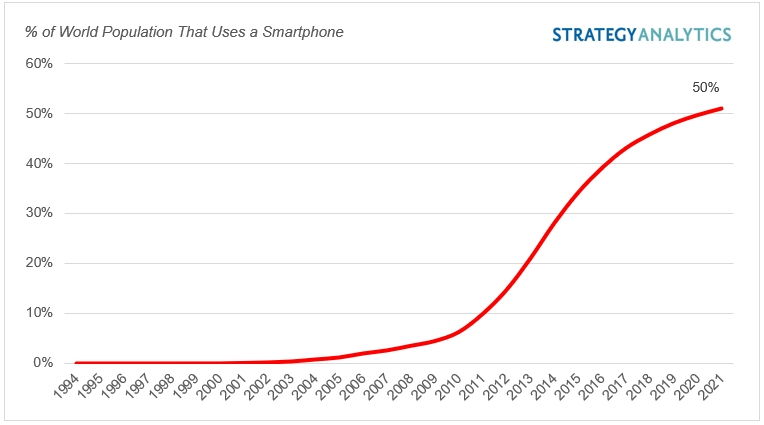
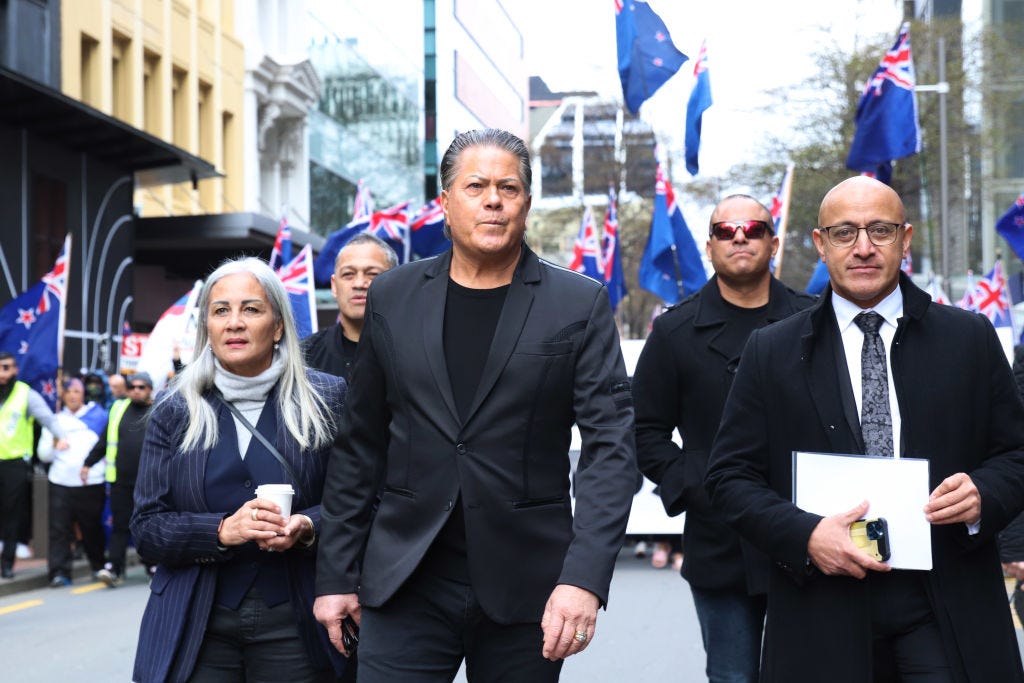
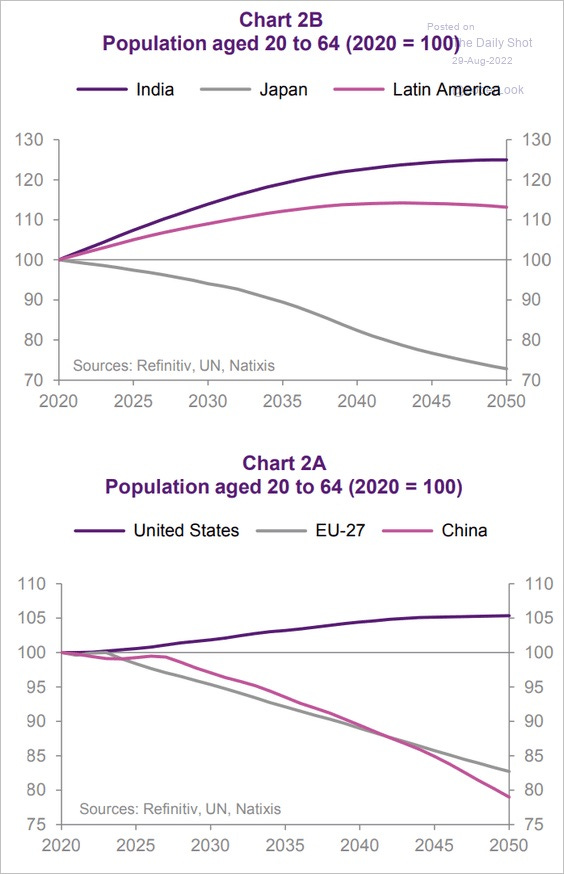
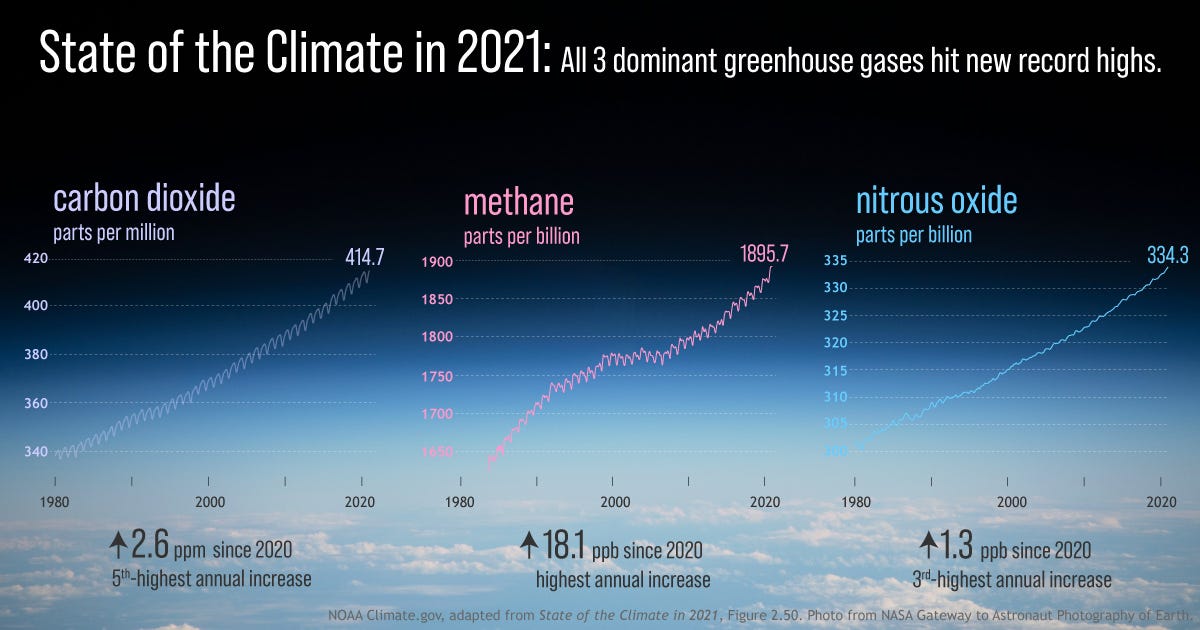









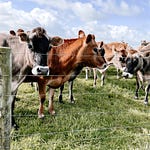


2010: the moment geo-politics changed forever